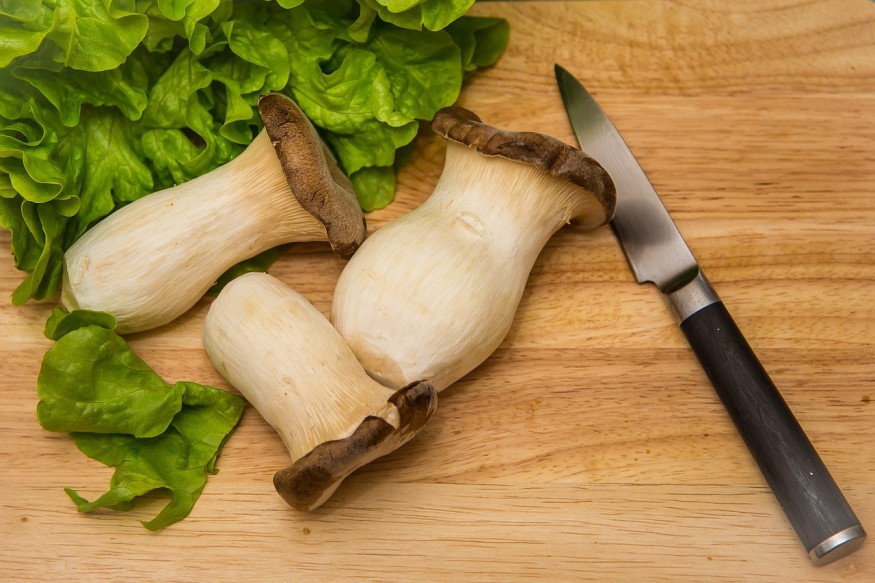In a study published recently, researchers analyzed data on 24,000 adults in the United States, specifically tracking their dietary habits with mushrooms included, as well as their mental health changes for the past 11 years.
An Eat This, Not That! the report said in spring this year, mushrooms were given much attention for their important role in preventing cancer, although it turns out they may give one's emotional health a major boost, too.
In this new study published in the Journal of Affective Disorders, the researchers discovered that those who ate more mushrooms had a 43-percent lower risk of developing depression compared to those who did not eat mushrooms at all.
According to research data management specialist Djibril Ba, Ph.D. from the Penn State College of Medicine, the reason is possibly linked to the numerous bioactive compounds present in mushrooms. They are abundant in antioxidants and anti-inflammatory amino acids, which have all been previously linked to lower depression and anxiety
Read also: COVID-19 Effect: More Deaths Reported in People with Mental Illnesses During the Pandemic

Oxidative Stress
Ba explained that having high levels of the said compounds may help reduce the risk of oxidative stress, which could lessen the depression symptoms.
Oxidative stress, as described by the National Library of Medicine, is an imbalance found in the body that occurs when too many free radicals are produced. These free radicals are causing inflammation resulting in an individual having adequate antioxidants in their body to thwart them.
That's the reason eating foods that are rich in antioxidants boosts health, because they reduce the oxidative stress level.
In addition, while mushrooms appear to have that kind of impact in a way that's preventive, Ba explained that it is not known if eating them when an individual already has depression would be helpful.
Reduction in Symptoms of Depression
Ba and his fellow researchers, tried to identify the level of that strategy by asking some participants suffering from depression to eateat mushrooms instead of red or processed meat for numerous meals.
Nevertheless, they did not find any prominent reduction in symptoms of depression, and thus mushrooms may be more of a preventive approach than a complementary treatment method.
Say, one is in search of gaining the advantages of mushrooms, but he is not fond of its taste, other options are available that contain the main compound highlighted by Ba, which is the "ergothioneine," a kind of amino acid.
And even though mushrooms, specifically oyster mushrooms, are the best source, other foods that have it include kidney, liver, red and black beans, and oat bran.
Ergothioneine can be obtained through food, Ba explained. Therefore, focusing on getting mushrooms into the diet may be a helpful strategy when it comes to preventing oxidative stress to reduce the risk of depression.
Mushroom Benefits
In a Verywell Health report, registered dietitian Elizabeth Watt, RD, LDN from the UNC Wellness Center, said mushrooms are a "low-calorie, low-fat food full of antioxidants, protein, fiber, vitamins, and minerals.
She also said mushrooms are quite high in vitamin D, especially if it's grown in a place where there's a lot of UV light. More so, she continued, that's one of those nutrients that most people are "walking around" lacking in.
Watt said an individual would not be going to get all the nutrition he needs out of just mushrooms. However, she elaborated, it is another way to boost not just the mental health but the overall diet.
Related information about mushrooms for mental health is shown on Vox's YouTube video below:
RELATED ARTICLE : Can Yoga and Meditation Help with Coronavirus Treatment?
Check out more news and information on Mental Health and COVID-19 in Science Times.












